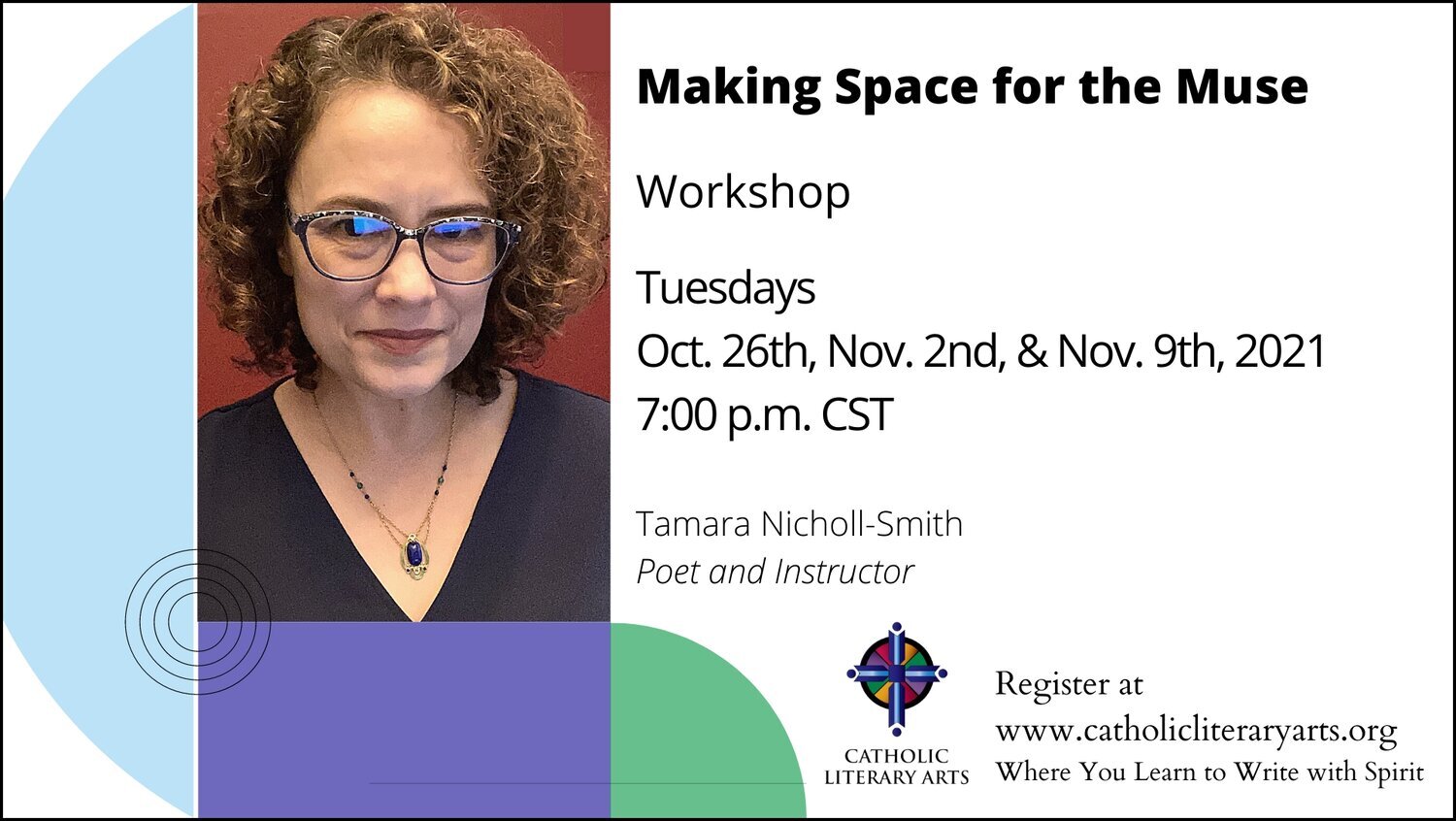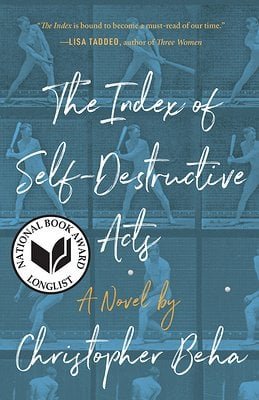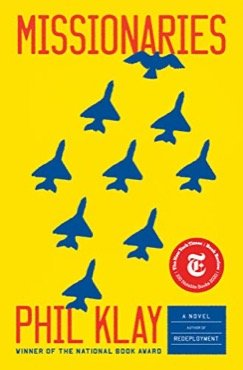Friday Links, October 22, 2021
+ Workshop on how to make space for the muse.
+ Three poems by a DT associate editor
+ Maybe Catholic fiction is becoming important again?
Making Space for the Muse
Three Session Virtual Productivity Workshop
By Tamara Nicholl-Smith
Sponsored By Catholic Literary Arts
October 26, November 2, & November 9
5:00 pm Pacific / 7 pm Central / 8:00 pm Eastern
Katy Carl, Dappled Things editor in chief, shares this event with the comment, “of interest.” You can register here.
From Tamara Nicholl-Smith
“The workshop is offered over the course of three weekly 90-minute Zoom sessions starting Tuesday, October 26th, at 7 pm Central / 5:00 pm Pacific / 8:00 pm Eastern. The workshop is based on a framework I developed for myself in 2018 after realizing I had only written one poem in the entirety of 2017. My creative productivity had come to a near standstill, and I was determined to get the wheels churning again. I did so by employing the reflections, discoveries, tools, and practices I will cover in the workshop sessions. It is not a workshop about craft, but about getting to the page.”
Three Poems by Sarah Decorla-Souza
Katy Carl recommends the above-linked post of poems by Sarah Decorla-Souza at Bourgeon, a Washington, D.C.-based online magazine about local artists and about the creative process in general.
Dramas of Decline and Fall
Katy Carl recommends this article at First Things: “Important work by Gregory Wolfe on the Catholic novels of Klay and Beha.” Gregory Wolfe is the publisher and editor of Slant Books.
“In 2013, Dana Gioia argued in these pages that “although Roman Catholicism constitutes the largest religious and cultural group in the United States, Catholicism currently enjoys almost no positive presence in the American fine arts.” I was reminded of that contention when it dawned on me that two of the most highly praised American novels published in the last year were written by Catholic writers, Christopher Beha and Phil Klay. One might even make the case that the authors’ theological convictions are what made these novels among the finest recent attempts to achieve one of fiction’s loftiest goals, what Jonathan Franzen once called “the possibility of connecting the personal and the social.”





